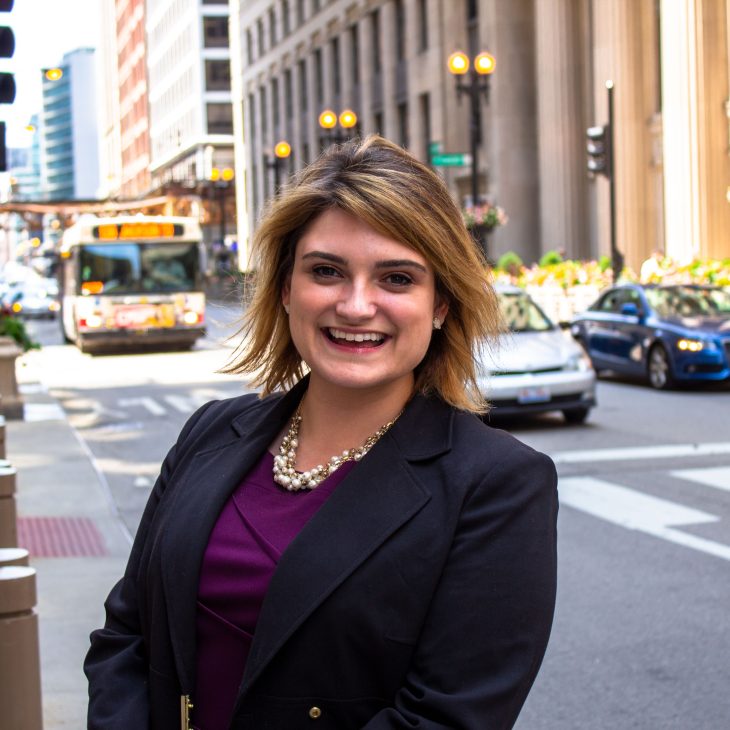The Interfaith and Servant Leader, In Crisis
May 5, 2020

On March 26, IFYC Founder and President, Eboo Patel hosted a webinar discussing interfaith work during the Covid-19 pandemic. During the webinar, he referenced The Inevitable City: The Resurgence of New Orleans and the Future of Urban America written by Scott Cowen, the 14th president of Tulane University. Patel gave a brief synopsis of the book, speaking to Cowen’s journey revitalizing the University and community after the devastation of Hurricane Katrina.
I was enraptured by the story. As I listened, I found myself thinking about the narrative from a place of two identities. As a Program Assistant at IFYC, I look at things through the lens and perspective of interfaith work. As a student, having just completed my MEd in Higher Education and Student Affairs at Loyola University Chicago, my identity is strongly rooted as an educator and scholar studying the theory and practice of leadership. As I heard the impact of Cowen’s work revitalizing the institution after the devastation, I began to draw parallels between the 2005 crisis and today’s pandemic with the context and framework of servant leadership. I am particularly drawn to the intersection between interfaith work and servant leadership. Through both, we equip ourselves to create powerful and impactful change to serve and support our communities – particularly during times of crisis.
Servant leadership originated from the writings of Robert K. Greenleaf. The philosophical approach focuses on leadership from the perspective that a “servant-leader is servant first…It begins with the natural feeling that one wants to serve, to serve first. Then conscious choice brings one to aspire to lead.” A servant leader is an individual who above all else, has a higher calling – a calling to give back. Greenleaf’s writings identified ten characteristics of a servant leader: listening; empathy; healing; awareness; persuasion; conceptualization; foresight; stewardship; commitment to the growth of people; building community.
One of the most beautiful things about leadership, and the reason I became engaged in the field, was because I believe in the power of difference. We each hold different identities, so it is our responsibility as leaders to take the time to understand our individual identities, and the identities of others different than our own. With this knowledge and understanding we are equipped to work together towards a common good. This is also the essence of an interfaith leader – someone who has the vision, knowledge and skills to bring together a community of people who share different religious identities in order to work towards a common good.
During this pandemic, we’ve observed a global community of individuals who all hold different identities. And while we hold different identities, what has united us during this challenging time, is our shared vision of working together towards a common good.
Both interfaith and servant leaders share the belief that their purpose and calling is to serve their commitment to growth of people. In this pandemic we’ve already seen numerous ways in which fellow members of our global community are coming together to support one another (researchers and medical professionals working to discover a vaccination, educators finding ways to adapt education to support the wellbeing of our students, etc.).
To focus on this commitment, servant and interfaith leaders must first listen. By listening we gain two things:
1) awareness and insight into better understanding our community’s needs, which then allows us to
2) empathize with others. We are all experiencing this pandemic differently, by sharing our stories and listening to the experiences of others, we allow ourselves the opportunity to connect with one another and better understand the ways in which we can support one another. When we do this, we create a space that offers healing and in this, we are able to build community with one another. Interfaith leadership and servant leadership work in tandem to sit in the discomfort, pain and grief of the present while anchoring our future in this moments’ hope, generosity, love and connection.
Share
Related Articles
American Civic Life
American Civic Life
American Civic Life



